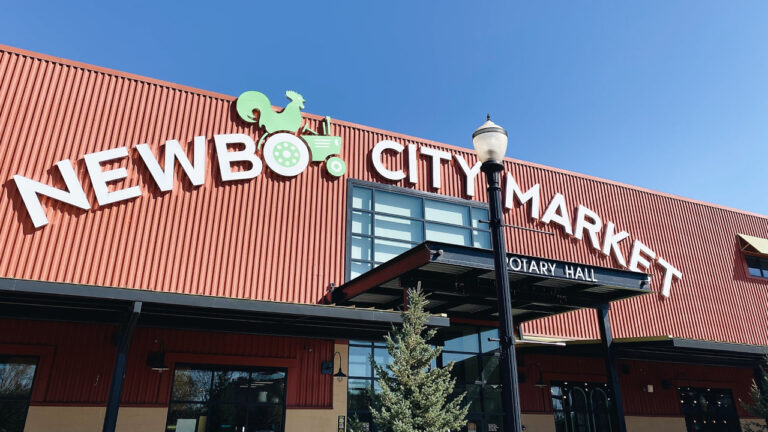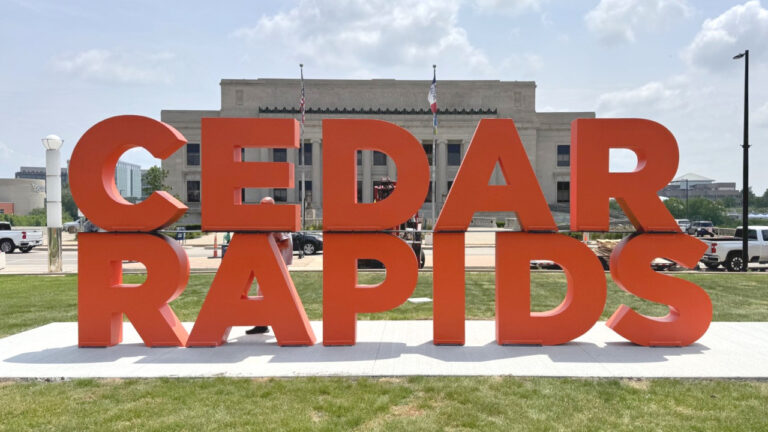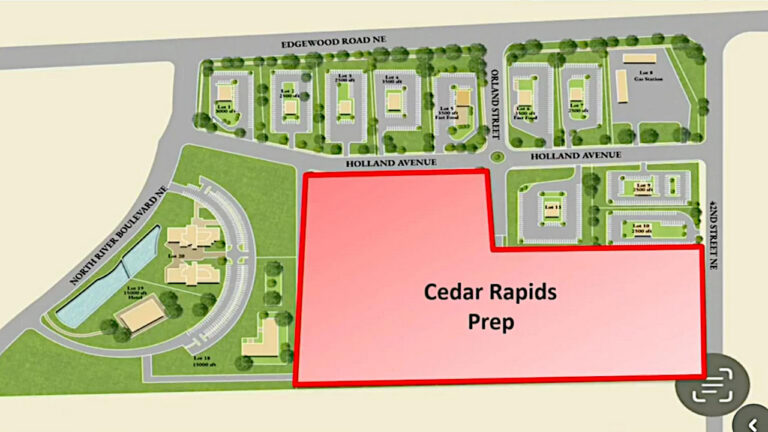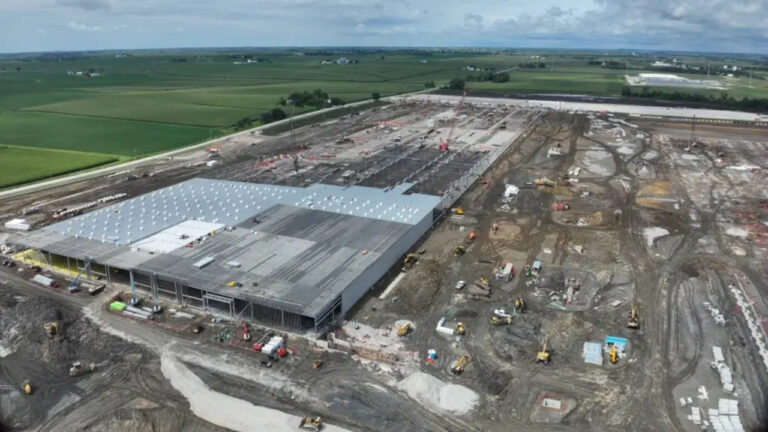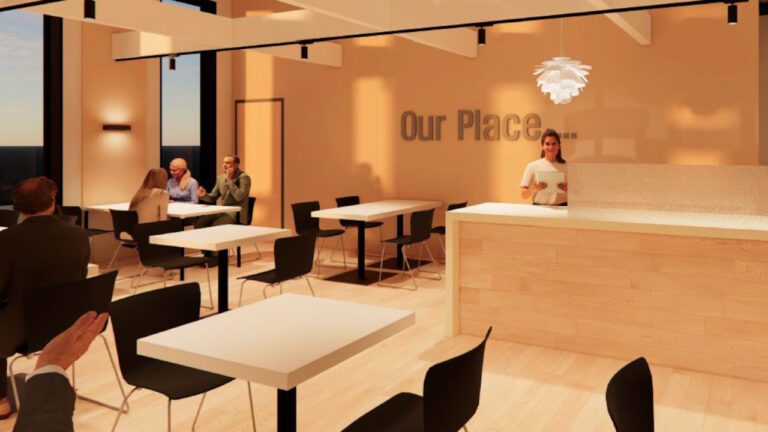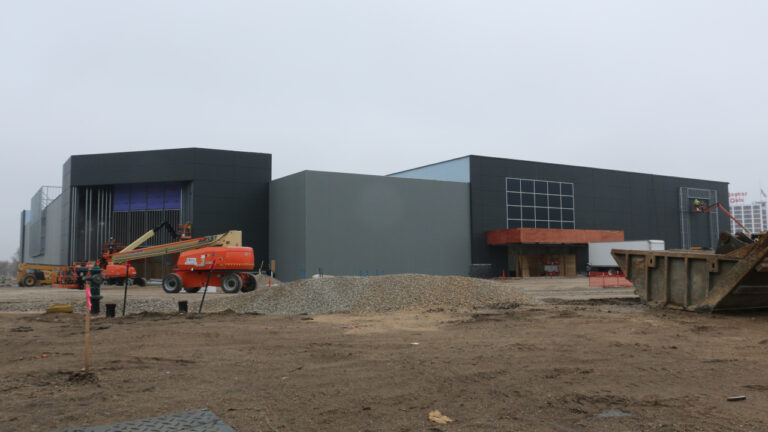Sustainable Landscape Solutions recruits Costa Rican workers with help of H-2B program
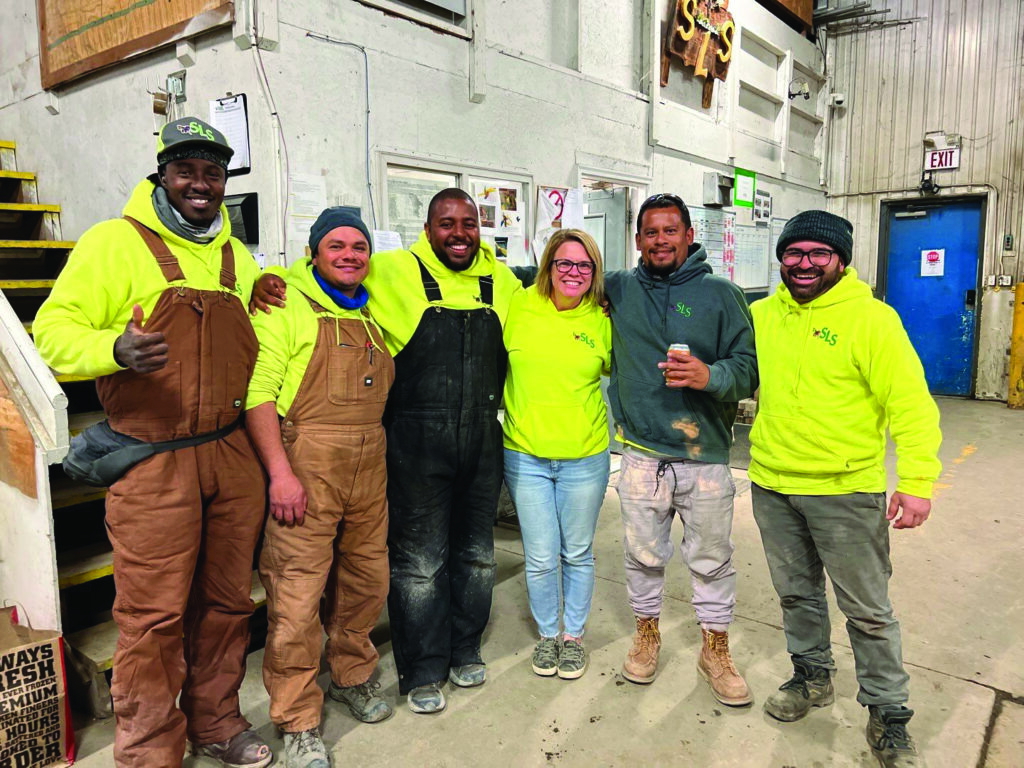
Workers from Costa Rica joined SLS from early June to mid-November. SLS benefited from the increased labor, while the workers earned higher wages then they might've seen back home. CREDIT SUSTAINABLE LANDSCAPE SOLUTIONS
Using the federal H-2B nonimmigrant program, Iowa City-based Sustainable Landscape Solutions (SLS) welcomed temporary workers from Costa Rica from early July to mid-November.
The program allows participating businesses to add to its cohort of workers, at a time when nearly all companies are looking to bolster its labor force, to accommodate seasonal needs while offering much higher wages to workers from other countries.
“In America, we’re definitely…

Want to Read More?
Get immediate, unlimited access to all subscriber content and much more.
Learn more in our subscriber FAQ.
Do you want to read and share this article without a paywall?


